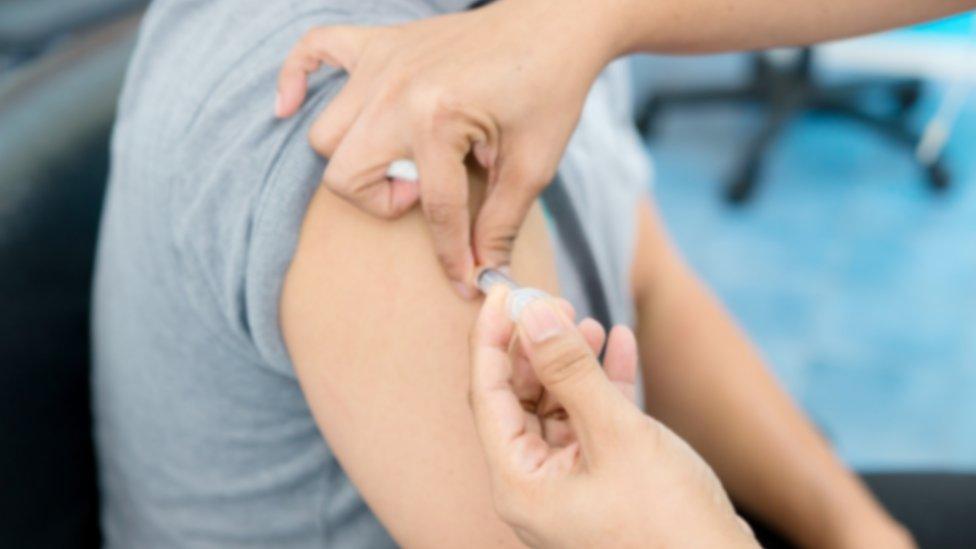'Why I paid for my sons to have the HPV jab'
- Published
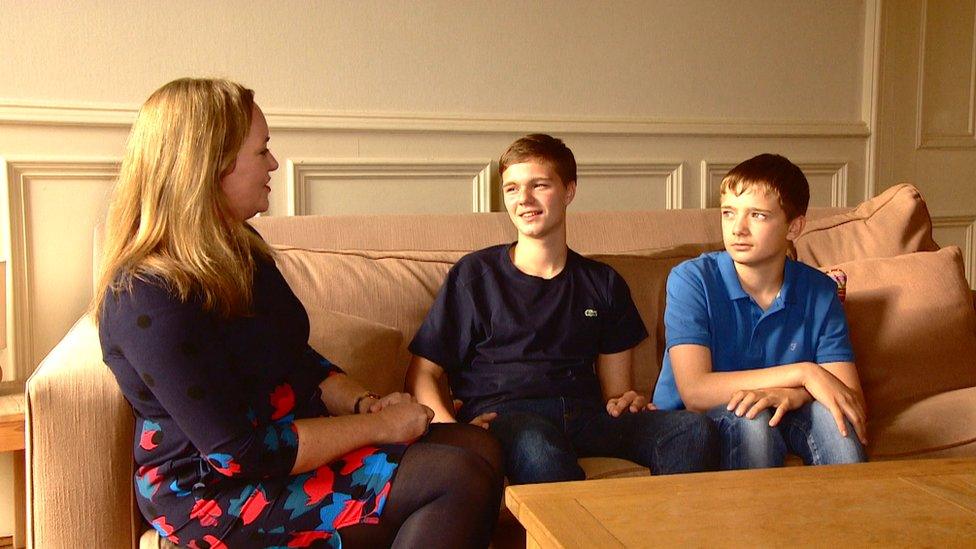
Dr Calder - with her sons James and Oliver- says it is "disappointing" that not all boys will get the jab
GP Carolyn Calder has two teenage sons and wanted to ensure they were protected against the cancer-causing human papillomavirus (HPV).
A vaccination programme is being introduced for all first year boys in secondary schools in Scotland, but aged 16 and 14 her sons James and Oliver would have missed out.
Dr Calder decided to take matters into her own hands and get it for them privately. She told BBC Scotland it gave her "peace of mind".
She has set-up a private clinic in Glasgow for others who want to pay for the vaccine but believes all teenage boys should be offered it on the NHS.
Her view is echoed by experts who have said not offering a catch-up programme for all teenage boys could put thousands of lives at risk.
Dr Calder said: "It became very apparent to me that there was lots of evidence that HPV vaccination is needed in boys as well as girls.
"From 2008, the government has been vaccinating girls for cervical cancer and there's a recognised need for that and the programme has been very successful.
"But what we realised for our boys was that there are other cancers which are also a risk, and they can hopefully be avoided by having the vaccination."
The GP admits that going private is a costly option but for her it was "worth it".
She said: "Unfortunately it's not a cheap vaccine. We've done it for both our boys and it's £155 per vaccine. If you are under 15 you need two vaccines but over 15 you need three of them.
"It gives us peace of mind that hopefully we have done all we can to try and prevent these horrible cancers."

Analysis
By Lisa Summers, BBC Scotland Health Correspondent
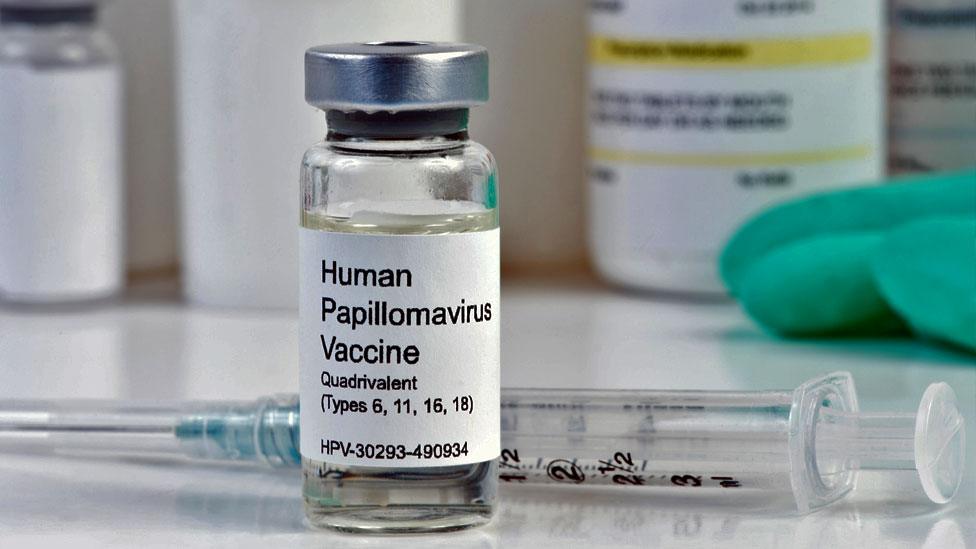
The human papillomavirus is commonly spread through intimate contact. Most strains are harmless but in rare cases it can cause cancer.
Links to cervical cancer are well known and that's why an HPV vaccination programme was introduced for girls over a decade ago. Evidence suggests it has dramatically reduced pre-cancerous cells in young women.
But HPV has also been connected to other cancers and has been blamed for a sharp rise in cases of throat cancer. Scotland now has the highest incidence of these cancers in the UK.
From this year S1 boys will be offered the vaccination. But dentists say that a catch up programme should be offered to all secondary school boys in the same way that all teenage girls can get the vaccination for free. They say thousands of boys will be at increased risk.
But that would have cost implications and the Scottish government say the decision was made on UK expert advice. Information packs will soon be sent out to all S1 boys.

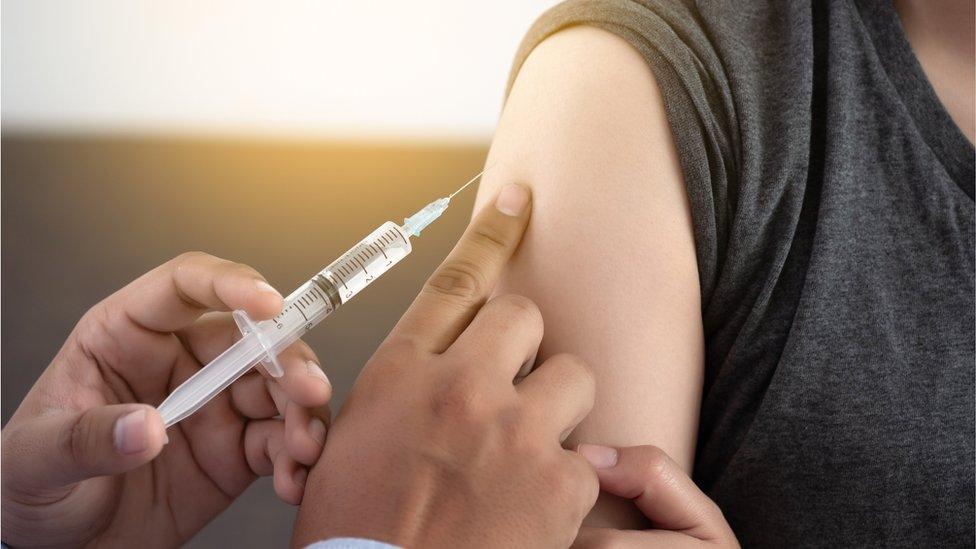
The vaccination is being offered to all boys in first year at secondary schools in Scotland
HPV is a leading cause of throat cancer and in Scotland cases of these cancers have almost trebled in recent years.
Professor of dental public health at Glasgow University, David Conway, told BBC Scotland: "Oropharyngeal cancer, throat cancer, is the most rapidly rising cancer in Scotland, and it's the HPV association that seems to be driving that change."
Dentists also think the decision not to offer a catch-up vaccination programme for older boys is a mistake.
Dr David Cross, from the British Dental Association Scotland, said: "Throat cancer is different in Scotland, there is a much higher rate of throat cancers associated with HPV infection and 75% of them are occurring in men so we think the boys need protection, and rolling out a catch-up programme will mean we can protect an additional 140,000 boys."

'You owe it to your son to protect him'
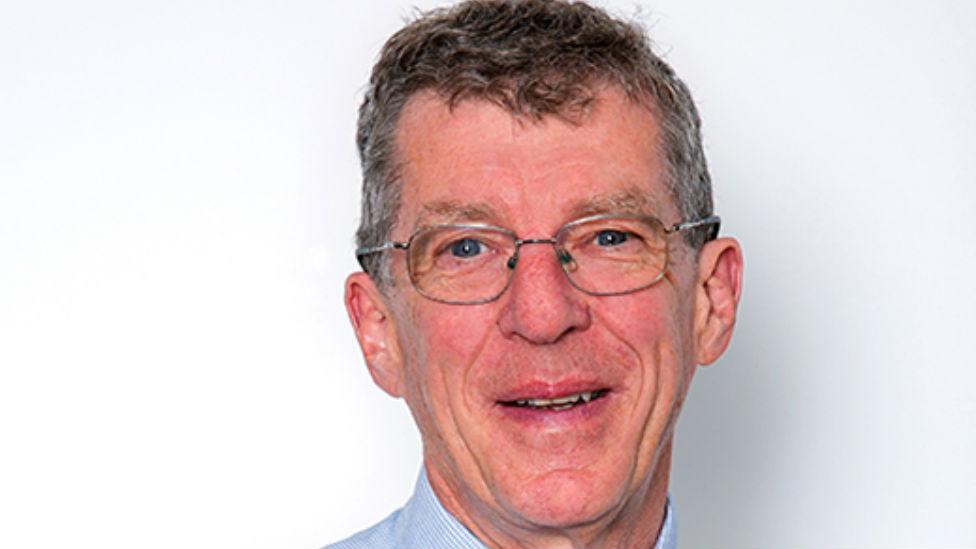
Professor Ian Frazer has been at the forefront of Australia's immunisation programme
The Scottish scientist who invented the HPV vaccine says there is "no sensible argument" against universal immunisation of boys and girls in schools.
Prof Ian Frazer, who is based at the University of Queensland, has been at the forefront of Australia's immunisation programme since it was launched 2013.
In the first year, all 12 to 15-year-old boys received three years' worth of catch-up vaccines. Now, all 12-year-old boys are offered the jab which Prof Frazer says loses effectiveness as boys get older.
He told BBC Scotland's John Beattie programme: "The vaccine has been proven safe in trials worldwide and the only complication we have noticed is a very rare one-in-a-million allergic reaction to the vaccine.
"There is no known downside to vaccination, apart of course from the cost which has to be met somehow. But the upside of saving significant numbers of lives is a real one. And it's an investment, not only for now but for the future, because all these cancers which could occur in the future could be prevented."
Sufficient funds
Prof Frazer said he believed all parents "owe it to your son to protect him as you would your daughter".
He added: "It's more sensible to vaccinate one particular age cohort. It would be sensible to do a catch-up programme if there are sufficient funds available. If not, then the logical thing is just to do 12-year-olds.
"The yield is less for every year past 12 you go. The cost-benefits analysis looks less good for every extra year. And by the time you've got to 17, it's down to a third of the benefit that you get from vaccinating 12-year-olds."

The Scottish government has encouraged all eligible boys to take up the offer of the HPV jab.
A spokesman added: "Vaccination policy in Scotland, as with the rest of the UK, is based on recommendations from the Joint Committee on Vaccination and Immunisation.
"The JCVI has not recommended a catch-up approach for the HPV boys programme. Should that change, we will not hesitate to act and extend our programme."
'Potential risks'
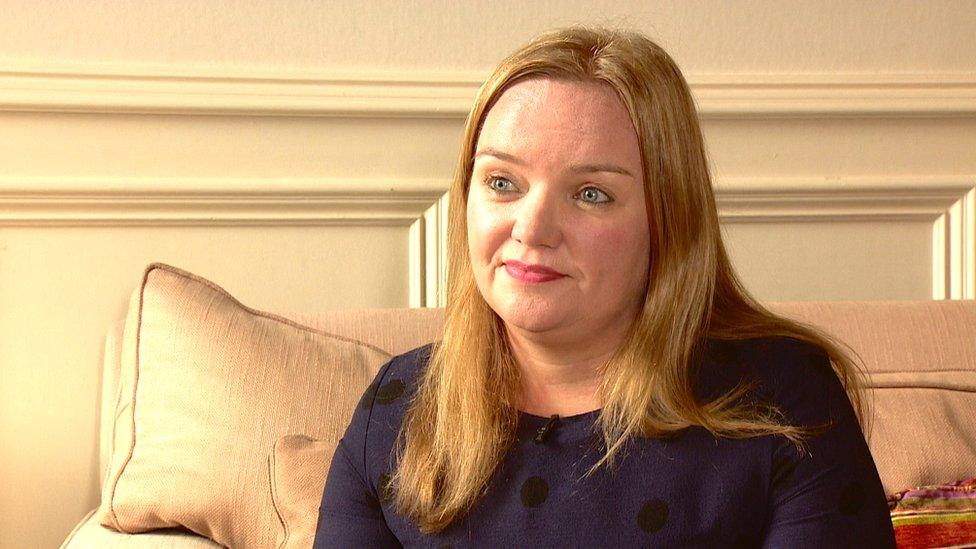
Dr Calder has set up a private vaccination clinic in Glasgow
For Dr Calder, the important thing was to ensure her sons were protected and she said other parents who have come to her clinic have become more aware of the potential risks from not having the jab.
She said: "Often these are parents, unfortunately at the moment, who can afford to do it and know about it but the issue isn't as widely known as we'd like.
"As a doctor working for the NHS, you always want to try and provide good health for the whole nation.
"So it would be really good if we could get all boys vaccinated and try and eradicate some of these cancers."
- Published9 July 2019
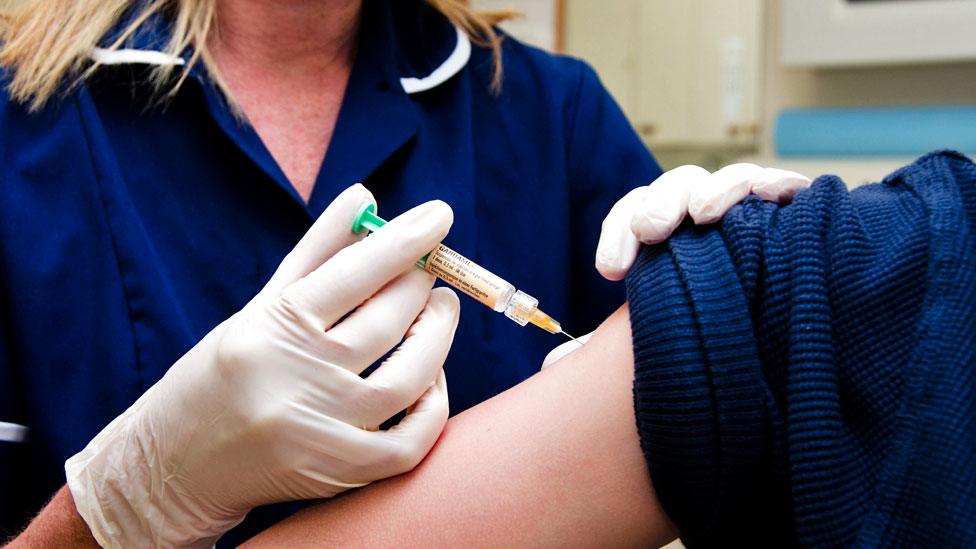
- Published25 June 2019
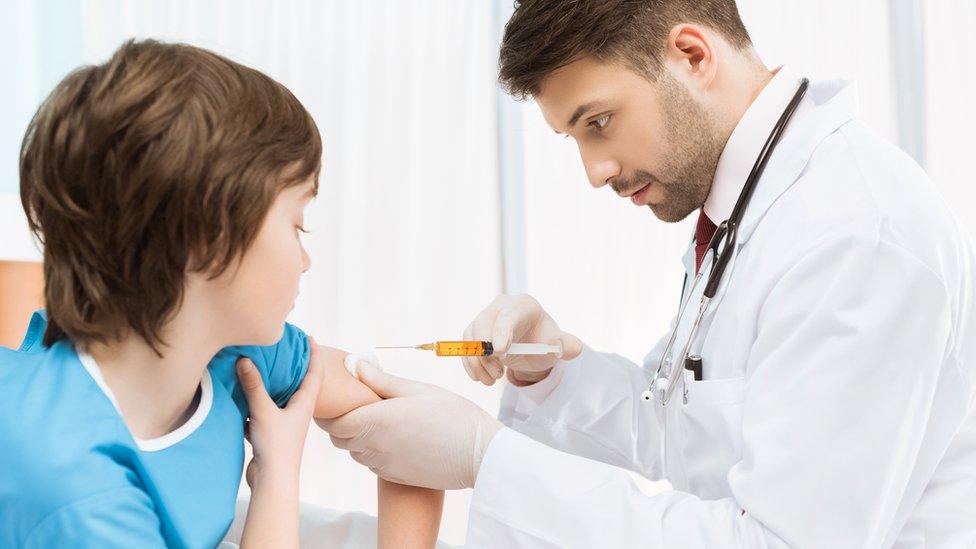
- Published18 July 2018
